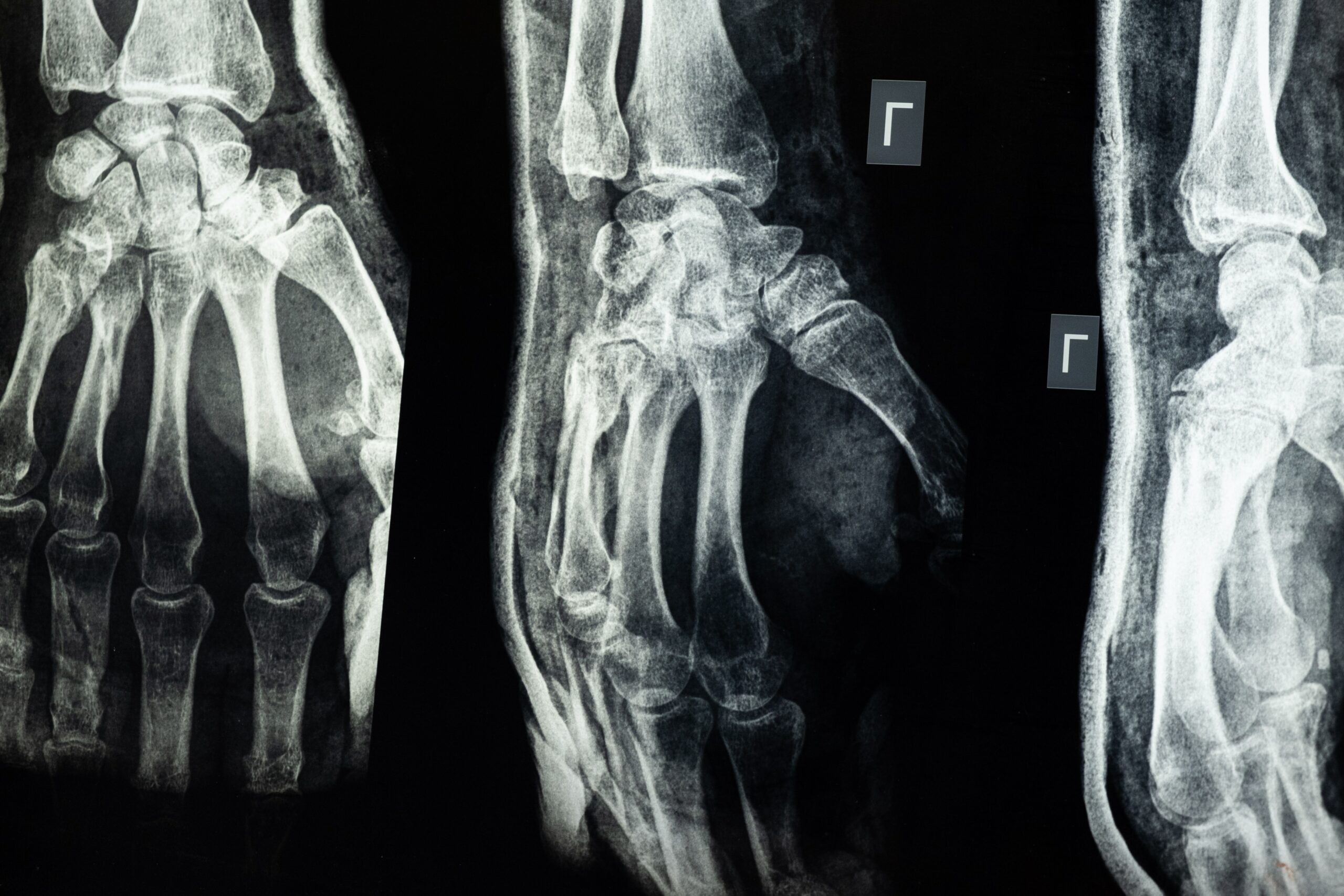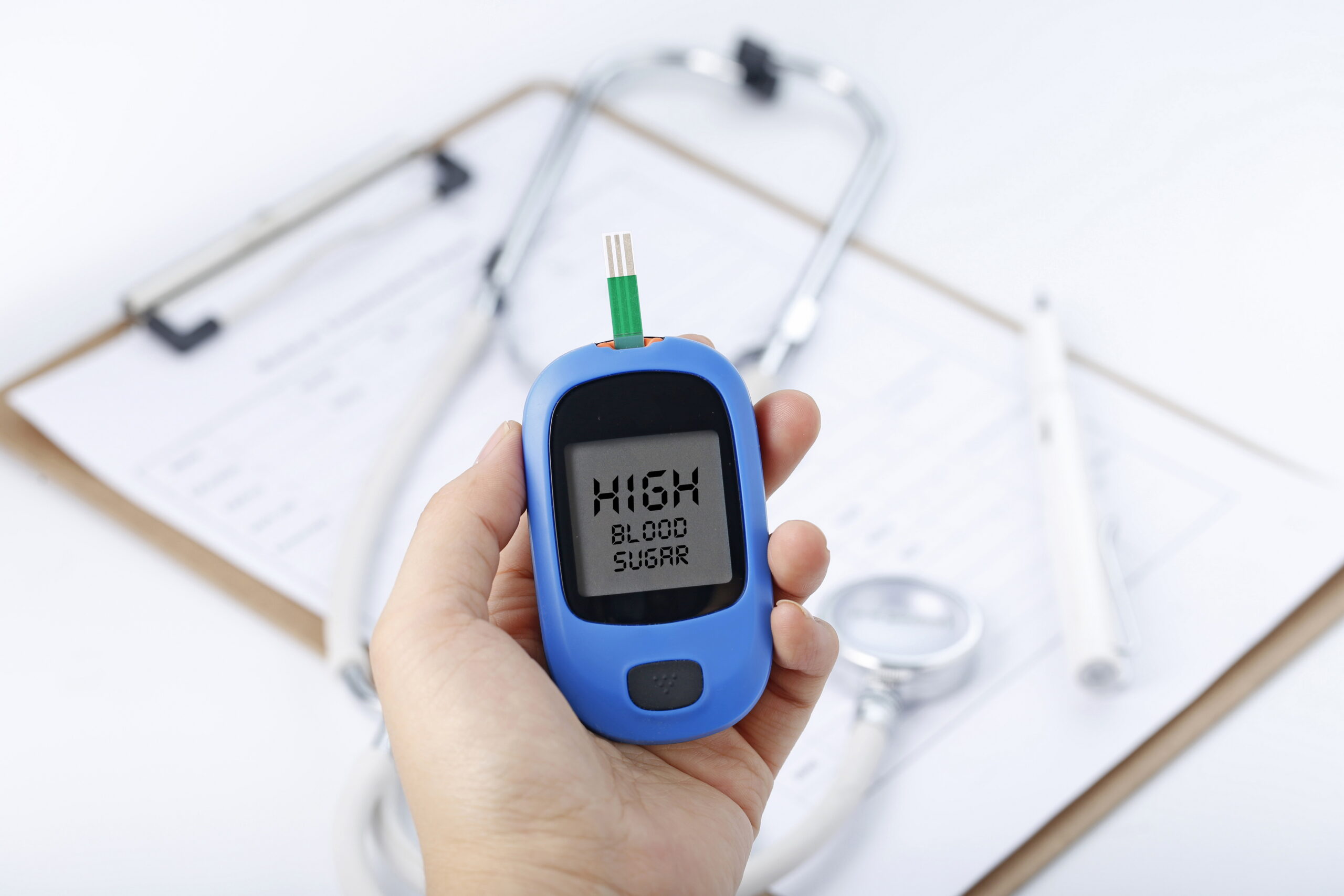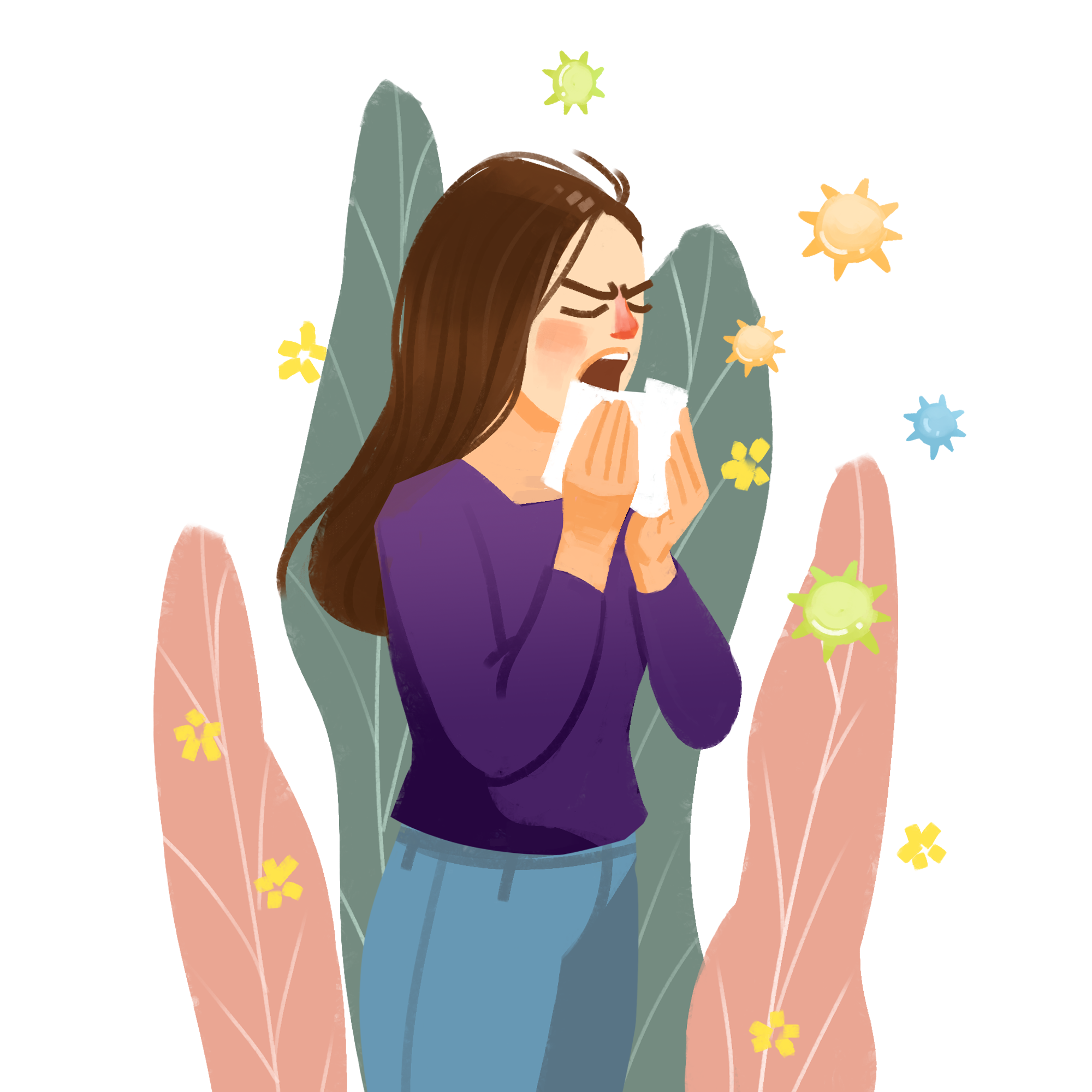As the vibrant colors of spring emerge, so does the notorious culprit behind many seasonal allergy woes: pollen. For those who suffer from pollen allergies, this time of year can be a challenging battle against sneezing fits, itchy eyes, and nasal congestion. But fear not!
In this blog post, we will delve into the world of pollen allergies, understanding the causes, symptoms, and most importantly, equipping ourselves with effective first aid measures to alleviate discomfort and make the most of the season.
What Is Pollen Allergy?
Pollen allergy, also known as hay fever or allergic rhinitis, is a common condition that affects millions of people worldwide. It occurs when the immune system overreacts to pollen particles released by plants, leading to various allergic symptoms. While pollen serves an essential role in plant reproduction, triggering an allergic response can cause discomfort and interfere with daily life.
In Australia, pollen allergies are a common concern for many individuals, particularly during certain times of the year when pollen levels are high. The country’s diverse plant life, including native trees, grasses, and flowering plants, contributes to the wide range of pollen allergens present in the environment.
During the spring and summer months, tree pollen is a significant trigger for allergies in Australia. Common allergenic trees include eucalyptus, oak, birch, pine, and cypress. Grass pollen, especially from species like ryegrass, Bermuda grass, and buffalo grass, is also prevalent and can cause allergic reactions.
Additionally, weed pollen, primarily from plants like ragweed and plantain, can trigger allergies in some individuals.
Pollen Allergy Symptoms
Pollen allergy, also known as hay fever or allergic rhinitis, can cause a range of symptoms in individuals who are sensitive to pollen. These symptoms can vary in severity and may include:
Sneezing: Frequent and repetitive sneezing is a common symptom of pollen allergy. It is often triggered by the presence of pollen particles in the air.
Runny or congested nose: Many people with pollen allergies experience a runny or congested nose. This can lead to a stuffy or blocked feeling, making it difficult to breathe through the nose.
Itchy nose, throat, and eyes: Itching is a hallmark symptom of pollen allergy. It can affect the nose, causing an itchy or tickling sensation, as well as the throat and eyes, leading to discomfort and irritation.
Watery eyes: Pollen allergies can cause excessive tearing and watery eyes, which can blur vision and contribute to a feeling of eye irritation.
Red or swollen eyes: In some cases, pollen allergies can lead to redness and swelling of the eyes, known as allergic conjunctivitis. This condition can cause itchiness, a gritty feeling, and sensitivity to light.
Coughing: Postnasal drip, which occurs when mucus from the nose drips down the back of the throat, can trigger coughing in individuals with pollen allergies.
Fatigue: The constant immune response to pollen can leave some individuals feeling tired and fatigued, affecting their overall energy levels.
It is important to note that the severity and combination of symptoms can vary from person to person. Additionally, the specific pollen types and their prevalence in different seasons can influence the onset and duration of symptoms.
First Aid And Prevention For Pollen Allergy
First aid measures for pollen allergy can provide immediate relief and help manage symptoms. Here are some essential first aid tips for pollen allergy:
Limit Exposure
Stay indoors on days when pollen counts are high, especially during peak pollen hours, typically in the early morning and late afternoon. Keep windows closed and use air conditioning or air purifiers with high-efficiency particulate air (HEPA) filters to reduce indoor pollen levels.
Wear Protective Gear
When going outside, consider wearing sunglasses to shield your eyes and a wide-brimmed hat to prevent pollen from coming into contact with your face and hair. Additionally, using a pollen mask or a respirator can help filter out pollen particles from the air you breathe.
Rinse And Clean
After spending time outdoors, rinse your face, hair, and body to remove any pollen that might have accumulated. Change your clothes and wash them promptly to minimize pollen exposure.
Nasal Irrigation
Nasal irrigation using a saline solution or a nasal irrigation system, such as a neti pot or squeeze bottle, can help flush out pollen particles from your nasal passages and relieve congestion. Follow the instructions carefully to ensure proper use and hygiene.
Over-The-Counter Remedies
Over-the-counter antihistamines, decongestants, and nasal sprays can provide temporary relief from pollen allergy symptoms. Antihistamines can help reduce sneezing, itching, and runny nose, while decongestants can help relieve nasal congestion. Nasal sprays can also help alleviate congestion and reduce inflammation.
It is advisable to consult a healthcare professional or pharmacist before using any new medications to ensure they are suitable for you.
Allergen Avoidance
Identify specific triggers that worsen your pollen allergy symptoms and take measures to avoid them. This may involve staying away from certain plants or flowers, keeping pets that may carry pollen indoors, and regularly cleaning your living space to minimize allergen buildup.
Eye Care
If you experience itchy, watery, or red eyes due to pollen allergy, using over-the-counter eye drops or artificial tears can provide temporary relief. Avoid rubbing your eyes, as this can exacerbate symptoms.
Stay Hydrated
Drinking plenty of water can help thin mucus secretions and alleviate congestion caused by pollen allergies.
Consult A Healthcare Professional
If symptoms persist or worsen despite taking these first aid measures, it is crucial to seek medical advice from a healthcare professional. They can provide a proper diagnosis, prescribe appropriate medications, or recommend allergy shots (immunotherapy) for long-term management of pollen allergies.
Remember, while first aid measures can help alleviate symptoms, they may provide temporary relief. It is essential to consult a healthcare professional for a comprehensive evaluation and personalized treatment plan if your pollen allergy symptoms persist or significantly affect your daily life.
Learn First Aid
Learning first aid for pollen allergy is a valuable skill that can greatly benefit individuals who suffer from this common condition. By understanding and implementing appropriate first aid measures, you can effectively manage symptoms, minimize discomfort, and improve your overall quality of life during allergy seasons.
Enrolling in a course with First Aid Course Perth to learn first aid skills is an investment in your well-being and the well-being of others around you. It empowers you to be proactive, confident, and prepared when faced with allergic reactions and other medical emergencies.
So, don’t wait any longer. Take the step towards becoming a knowledgeable and skilled first aider, and experience the peace of mind that comes with being prepared to help others in need.









